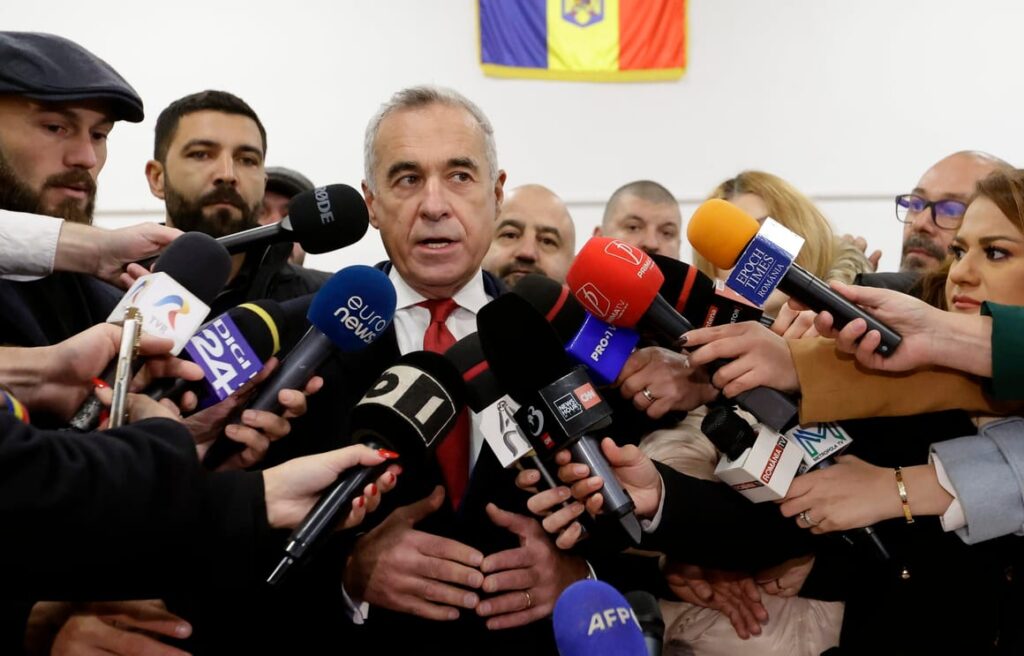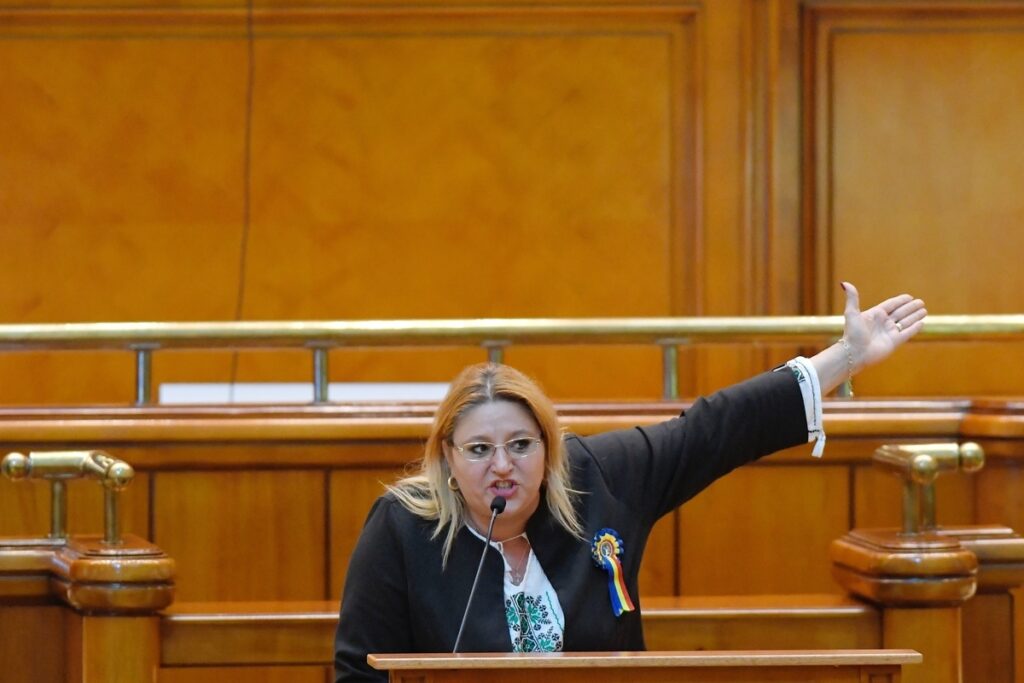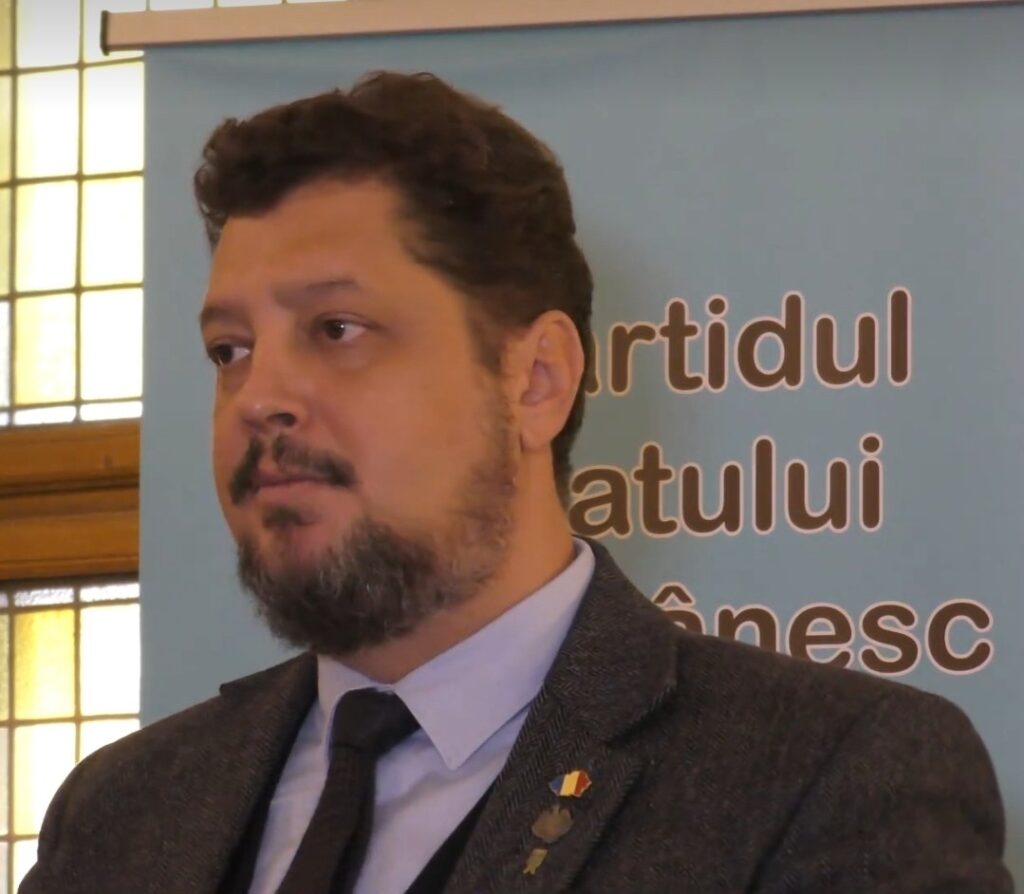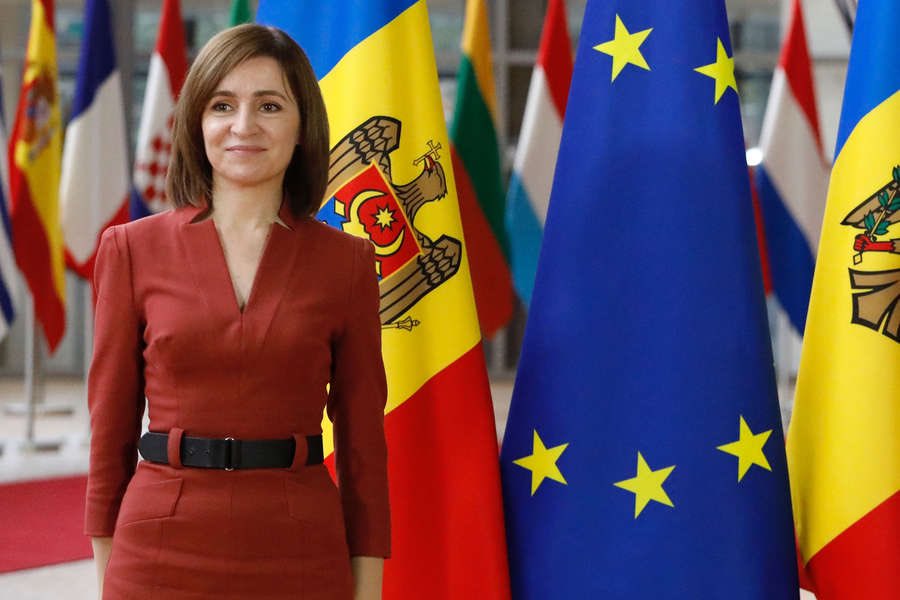The 2025 Romanian presidential election is a landmark victory not only for democratic governance but also for the broader Western alliance in its ongoing struggle against Russian influence. As the Kremlin recalibrates its tactics, Romania stands as a resilient bulwark on NATO’s eastern flank and a model for other nations facing similar threats to their sovereignty and democracy.
Despite sustained efforts by Russia to influence the electoral outcome through disinformation, support for fringe candidates, and cyber operations, the election resulted in a decisive victory for a pro-European, Atlanticist candidate. This outcome represents a strategic setback for the Kremlin and has important implications for NATO, the EU, and the broader Black Sea region.
I. Romania’s Strategic Importance
Romania occupies a vital geopolitical position as a member of both NATO and the European Union. It borders Ukraine and the Black Sea, hosts significant U.S. and NATO military infrastructure (notably the Aegis Ashore missile defense system at Deveselu), and serves as a key node in transatlantic energy and intelligence networks. Its political orientation has significant consequences for the regional balance of power, making it a consistent target for Russian influence operations since at least 2014.
II. Russian Influence Campaign: Goals and Tactics
A. Objectives
- Undermine public trust in democratic institutions.
- Promote candidates sympathetic to “strategic autonomy” or openly critical of Western alliances.
- Fuel domestic polarization and erode support for NATO and EU policies.
B. Tools and Methods
- Disinformation: Amplification of anti-EU and anti-American narratives via social media, pro-Kremlin Romanian-language platforms, and coordinated troll campaigns.
- Cyber Intrusions: Attempted breaches of electoral systems and targeting of campaign infrastructure.
- Support to Fringe Actors: Financial, media, and logistical backing of nationalist-populist figures and parties with pro-Russian leanings.
- Narrative Framing: Utilization of RT, Sputnik, and affiliated networks to present the West as exploitative and Romania as a subordinate state.
III. Failure of Russian Strategy
A. Electoral Results The winning candidate, with a clear and firm pro-Western platform, secured broad support across urban and diaspora populations. The defeat of Kremlin-linked candidates was comprehensive, reflecting a societal rejection of Russian influence.
B. Institutional Preparedness Romania’s intelligence and cybersecurity services, in cooperation with NATO and EU partners, played a crucial role in countering disinformation and neutralizing attempted cyber intrusions. Civil society organizations and independent media were instrumental in identifying and exposing manipulation attempts.
C. Public Awareness and Media Literacy High-profile media campaigns and educational efforts boosted public awareness of foreign interference tactics, fostering a more discerning electorate and minimizing the impact of online manipulation.
IV. Broader Strategic Implications
A. For the Kremlin Romania’s election outcome reflects the diminishing returns of Russia’s hybrid warfare in well-entrenched democracies. The failure could prompt the Kremlin to shift its strategy from overt manipulation to more subtle economic and cultural influence-building.
B. For NATO and the EU The successful defense of democratic processes validates the importance of multilateral cooperation on cybersecurity, counter-disinformation, and democratic resilience. Romania emerges as a frontline state in the ideological contest between authoritarianism and liberal democracy.
C. For the Region The Romanian example sends a powerful signal to neighboring countries like Moldova, Bulgaria, and Serbia, reinforcing the viability of a Euro-Atlantic future. It also emboldens pro-democracy actors and civil society across Eastern Europe.
For the United States The Romanian election outcome represents a strategic affirmation of U.S. foreign policy goals in Eastern Europe. Romania remains a reliable and increasingly influential NATO ally, crucial to U.S. military posture in the Black Sea and deterrence against Russia. The U.S. can now deepen defense cooperation, intelligence sharing, and energy infrastructure projects without fear of political reversal. Additionally, the election demonstrates that U.S. support for democratic capacity-building and counter-disinformation efforts yields tangible results, bolstering arguments for continued investment in soft power tools. Finally, it limits Moscow’s ability to create fissures within the Alliance, preserving cohesion at a time of high strategic tension in Europe and the Indo-Pacific.
The outcome of the 2025 election is not only a rejection of external interference, but a reconfiguration of Romania’s internal political dynamics.
A. Decline of Russia-Sympathetic Parties
The defeat of nationalist-populist candidates who flirted with pro-Russian rhetoric will likely marginalize their influence. Their poor performance exposes the limited appeal of narratives questioning Romania’s Western alignment, particularly among urban and younger voters. Parties seen as soft on Russia may now face internal crises, leadership changes, or splintering.
B. Consolidation of Pro-Western Consensus
The electoral mandate reinforces a broad national consensus around Euro-Atlantic integration. Mainstream parties across the center-right and center-left are expected to intensify their commitment to EU and NATO engagement, knowing it aligns with the electorate’s preferences. This may reduce the space for strategic ambiguity in foreign policy debates.
C. Empowerment of Civil Society and Watchdog Institutions
The prominent role played by civic groups and independent media in countering disinformation has enhanced their credibility. Expect growing institutional support and influence in policymaking areas like media regulation, transparency, and education.
D. Shift in Electoral Strategies
Political parties are likely to invest more in digital literacy, countering online manipulation, and building direct, trust-based voter relationships. The 2025 campaign revealed that traditional disinformation tactics are losing efficacy in an informed, mobilized electorate.
E. Regional Leadership Role
With a renewed and legitimate mandate, the president may pursue a more assertive role in regional politics, positioning Romania as a leader in countering hybrid threats and supporting democratic transitions in neighboring states like Moldova.
V. Policy Recommendations
- Enhance Cybersecurity Collaboration: Expand NATO and EU support for cyber defense across Romania and neighboring vulnerable states.
- Support Independent Media and Media Literacy: Increase funding and institutional support for fact-checking organizations, independent journalism, and civic education programs.
- Develop Joint Task Forces: Establish permanent EU-NATO bodies focused on foreign electoral interference.
Strengthen Transatlantic Ties: Bolster Romania’s role in strategic dialogues and defense planning within NATO.


More on this story: GRU operation in Romania points to crisis in Russia’s Intel community






